Interested in working with the Global Change & Conservation Lab?
- Postdocs: I’m more than happy to help prospective students and postdocs write grants to work in our lab! The Missouri Botanical Garden, and especially our department, always has a cadre of postdocs.
- Graduate students: We host grad students from any of the area universities (Washington University in Saint Louis, Saint Louis University, University of Missouri–Saint Louis). I can serve as the official primary professor for graduate students at WUSTL and as co-advisors or on committees for students at other universities. I also work remotely with students and postdocs at locations far from Saint Louis.
- Undergraduate students: We have hosted a number of undergraduate students for summer or semester-long (or longer) research projects. Many of the students who have worked with us have simply come with the question, “How can I get involved?” Often, students can get class credits for their research. Additionally, the Missouri Botanical Garden has a long-standing, thriving, expenses-paid Research Experience for Undergraduates summer session for which I often serve as a mentor.
- Visiting scientists: Visitors are welcome! The Garden is set up to accommodate, with inexpensive but suitable short-term apartment rentals, working spaces, the world’s largest herbarium, and welcoming people. The Garden also has a number of short-term fellowships for professionals interested in working here for a few weeks.
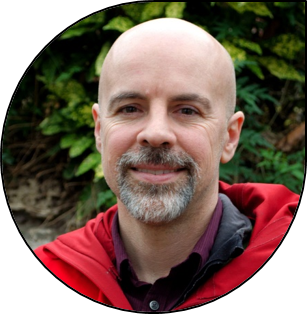
Adam B. Smith, Scientist in Global Change & Conservation, Lab PI
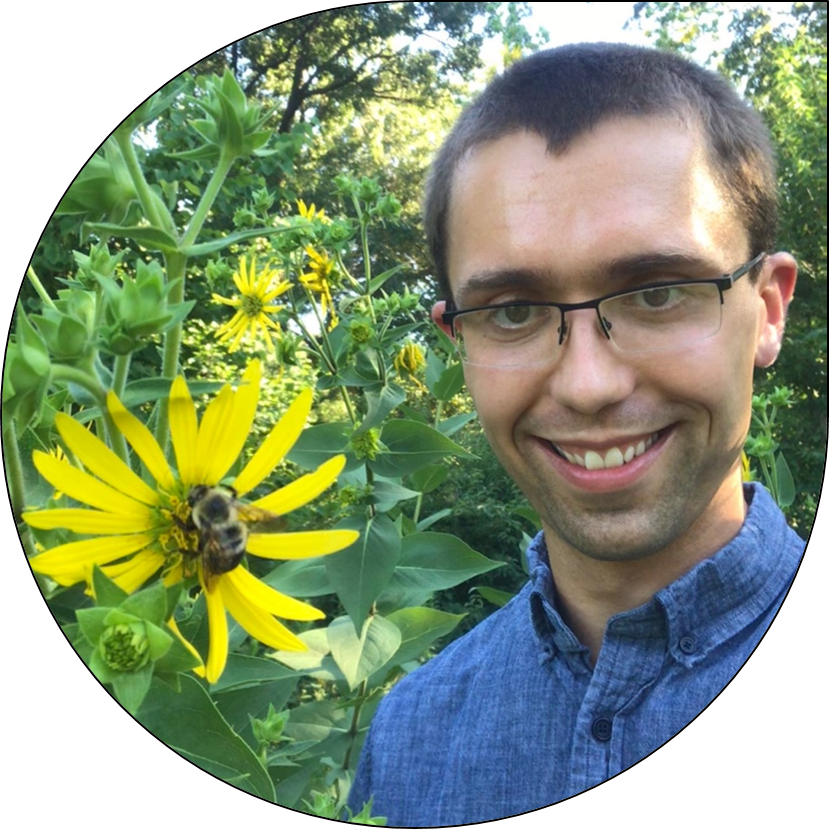
Dr. Matt Austin, Postdoc
Matt was a postdoc sponsored by the Living Earth Collaborative of Washington University in Saint Louis. Matt used contemporary and historical herbarium specimens to examine how climate change has affected reproductive strategies and community re-assembly in plants. Matt now serves as the Missouri Botanical Garden’s Curator of Biodiversity Data.
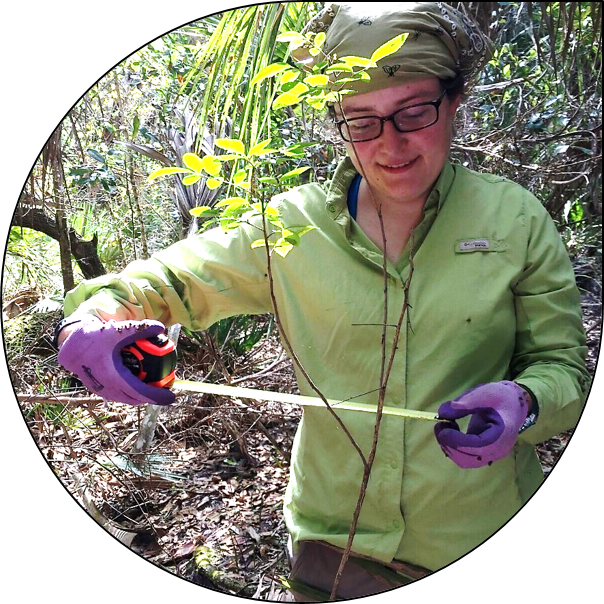
Dr. Kelly Erickson, Postdoc
Kelly was a postdoc sponsored by the Institute for Museum and Library Services and the USG Geological Survey. She developed methods for reducing bias in models of plant distributions and evaluated how well multi-species models can capture the distribution and niches of very rare species.
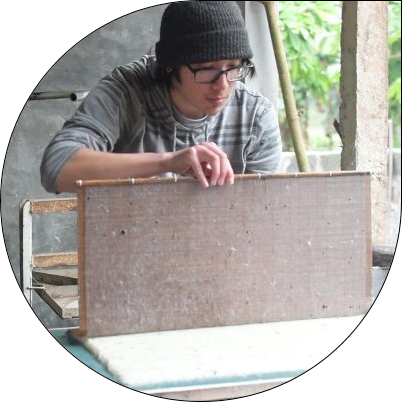
James Ojascastro, PhD Student
James was a PhD student at Washington University in Saint Louis where he studied under Dr. Robbie Harte–but we were glad to “borrow” him! James studied the ethnobotany of traditional papermaking in Viet Nam, Nepal, and elsewhere, and how climate change is expected to affect the handmade paper industry and the plants they depend on.
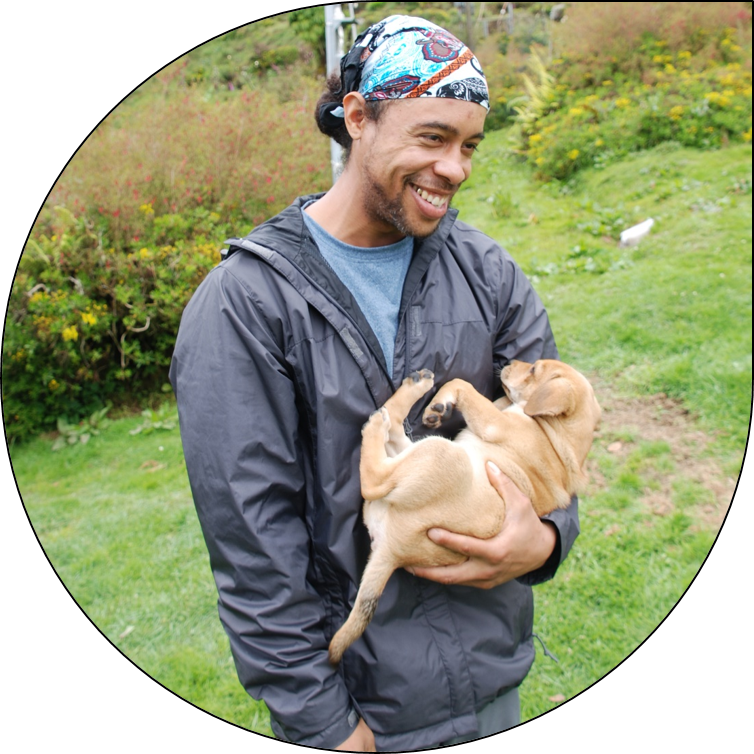
David Henderson, PhD Student
David was a PhD student under Dr. Jonathan Myers of Washington University in Saint Louis, where he studied spatial and chemical signatures of community assembly. He also spent a term doing a rotation in our lab looking at how we can better used imprecisely-georeferenced herbarium and museum specimens to study global change.
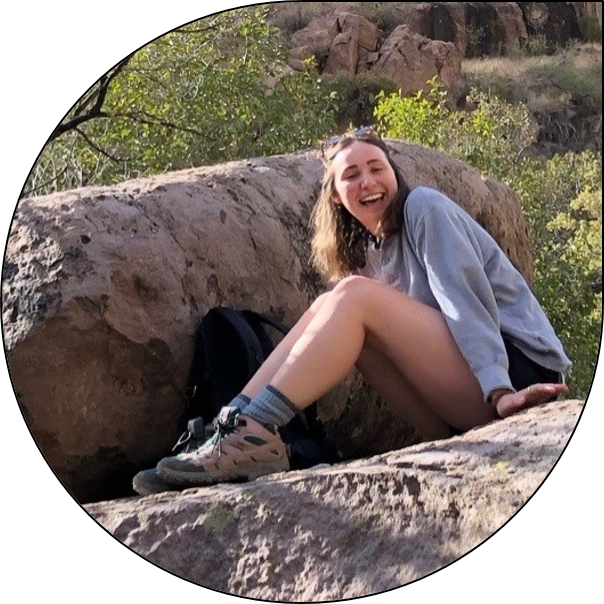
Lauren Jenkins, Post-baccalaureate Researcher
Lauren was a post-baccalaureate sponsored by the National Science Foundation. She conducted research on how to best reconstruct the paleodistributions of trees across the last 21,000 yr using pollen and herbarium occurrences. After her term, Lauren left to study as a PhD student at Duke University.
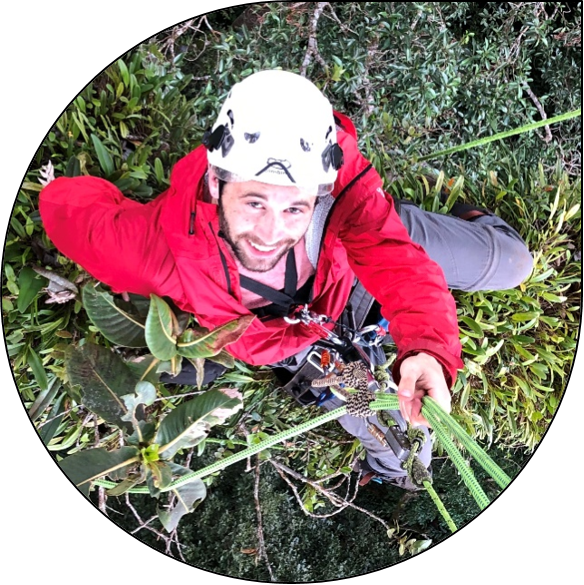
Ethan Abercrombie, PhD Student
Ethan is a PhD student at Washington University in Saint Louis in Dr. Jonathan Myers’s lab. His research focuses on how cloud forests drive beta diversity in montane systems and how montane mammalian communities have–or have not–kept pace with climate change across the past century.
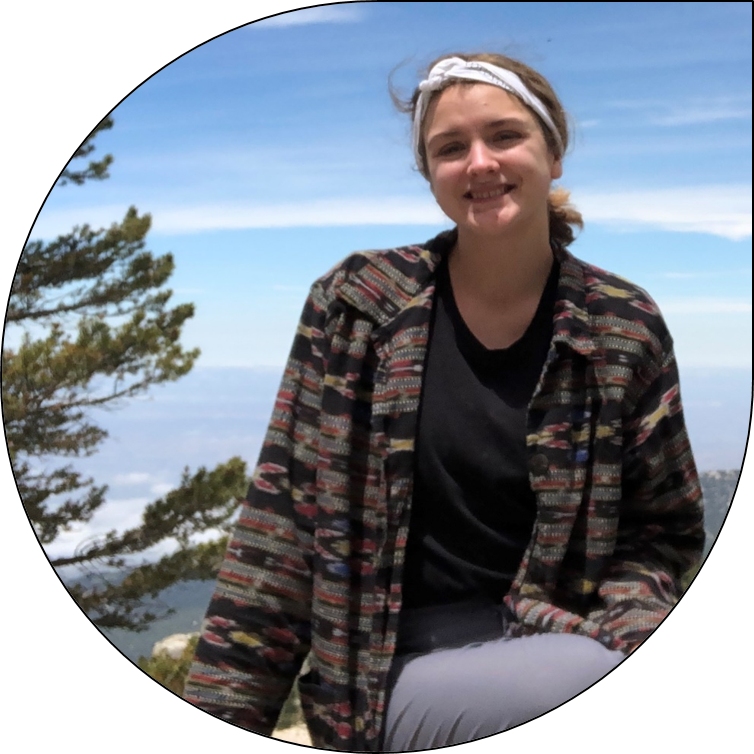
Kelsey Bartlett, Undergraduate Researcher
Kelsey, an undergraduate at George Washington University with Dr. Amy Zanne, used a ~120-yr data set to examine how flowering and fruiting phenology of species in the genus Leavenworthia has responded in response to climate change. Upon graduation, she was happy to take a position at Atlanta Botanic Garden working on conservation horticulture.
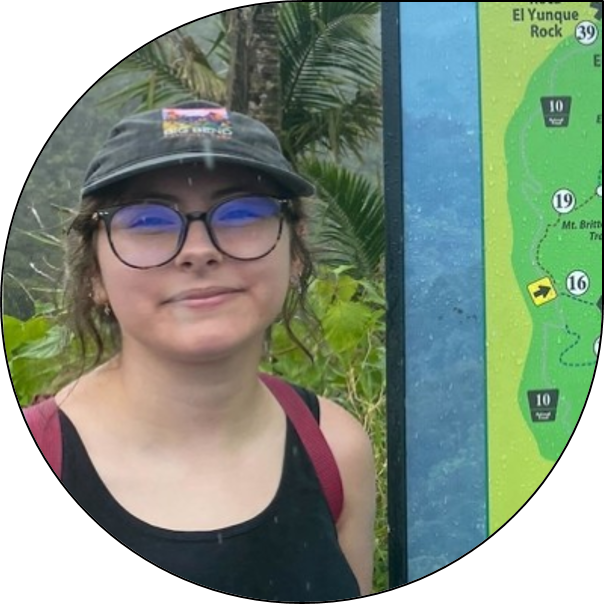
Evelyn Guerrero, Undergraduate Researcher
Evelyn, a student at the University of Texas–Permian Basin in Dr. David Hembry’s lab, was with us for a summer in the Missouri Botanical Garden’s Research Experience for Undergraduates program. Her research project, which was co-advised by Dr. Nicole Miller-Struttmann of Webster University, examined how ground- and stem-nesting bees respond to urbanization.
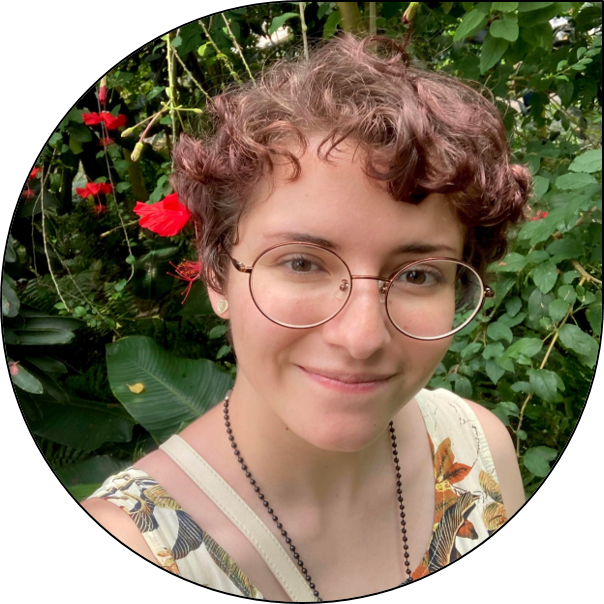
Marina Strong, Undergraduate Researcher
Marina, a student at Lake Forest College, was a participant in the Research Experience for Undergraduates here at the Missouri Botanical Garden. She examined the prevalence of poaching and unpermitted sale of rare and endangered plants over the internet.
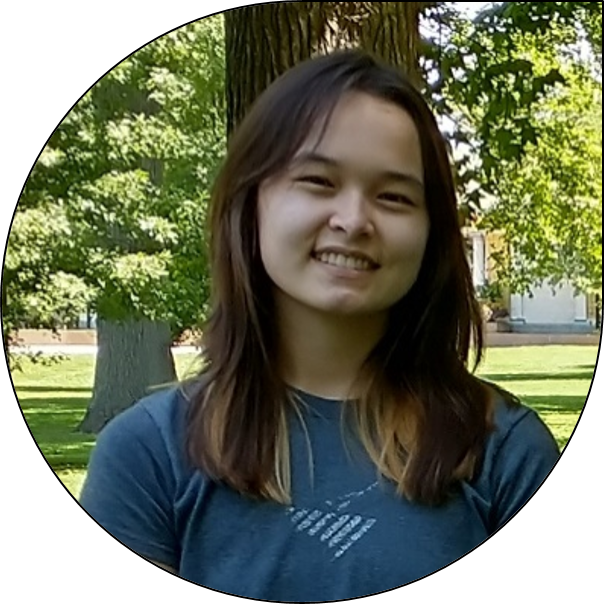
Catherine Donson, Undergraduate Researcher
Catherine is an undergraduate student at Scripps College and works with us under the auspices of the Garden’s Research Experience for Undergraduates program. Mentored by Dr. Matt Austin (also a lab member), Catherine is launching her senior honors thesis research on how climate has affected plant phenology.
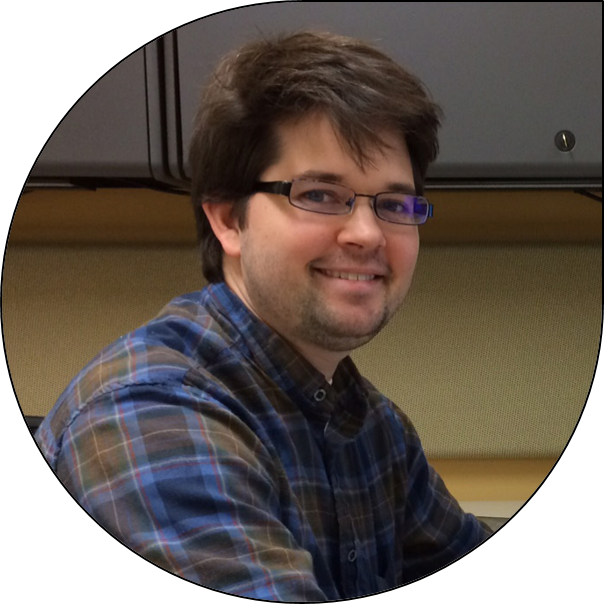
Dr. Stephen Murphy, Postdoc
Stephen is a postdoc whose current research focuses on how to apply species distribution models to address long-standing questions in community ecology. His position is sponsored by the Institute for Museum and Library Services.
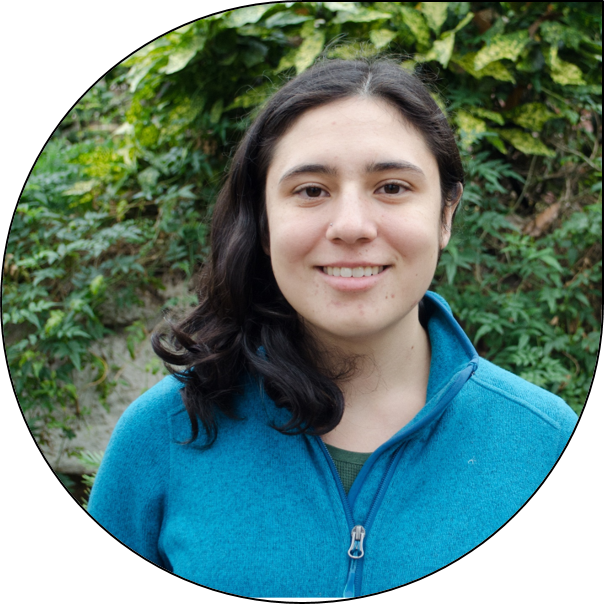
Renata Diaz, Post-baccalaureate Researcher
Renata’s research evaluates how well we can use maps of “threats” (e.g., agricultural lands, pollution concentrations, etc.) to predict whether a particular species is actually threatened by that threat or not.

Dr. Camilo Sanín, Postdoc
Camilo’s research focuses development of modeling methods to use the large number of imprecisely-georeferenced specimens in herbaria and museums to understand global change. Typically, these records are discarded, despite imparting valuable information. His position is sponsored by the Institute for Museum and Library Services.
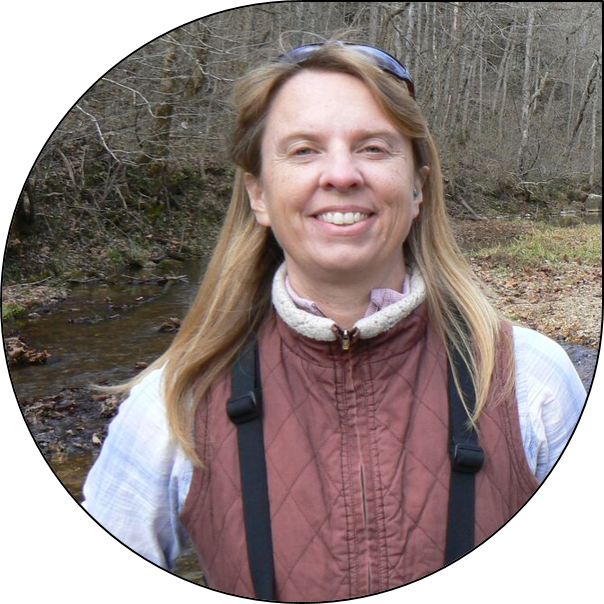
Dr. Mimi Kessler, Visiting Researcher
Mimi is an internationally-known large-bird conservation biologist. While with us, she is researching how the American pika
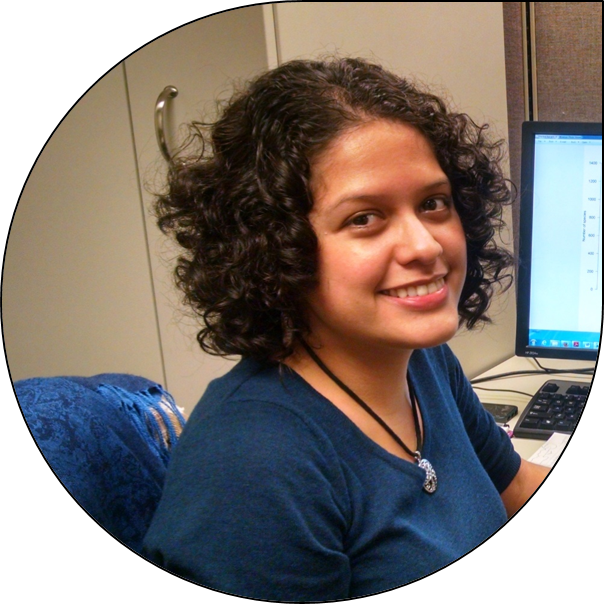
Haydée Hernandez, Graduate Student Research Assistant and Research Intern
Haydée earned her master’s in ecology from the University of Missouri–Saint Louis. In the Global Change & Conservation Lab, she is conducting a systematic study of the threats facing all rare plants in the United States.